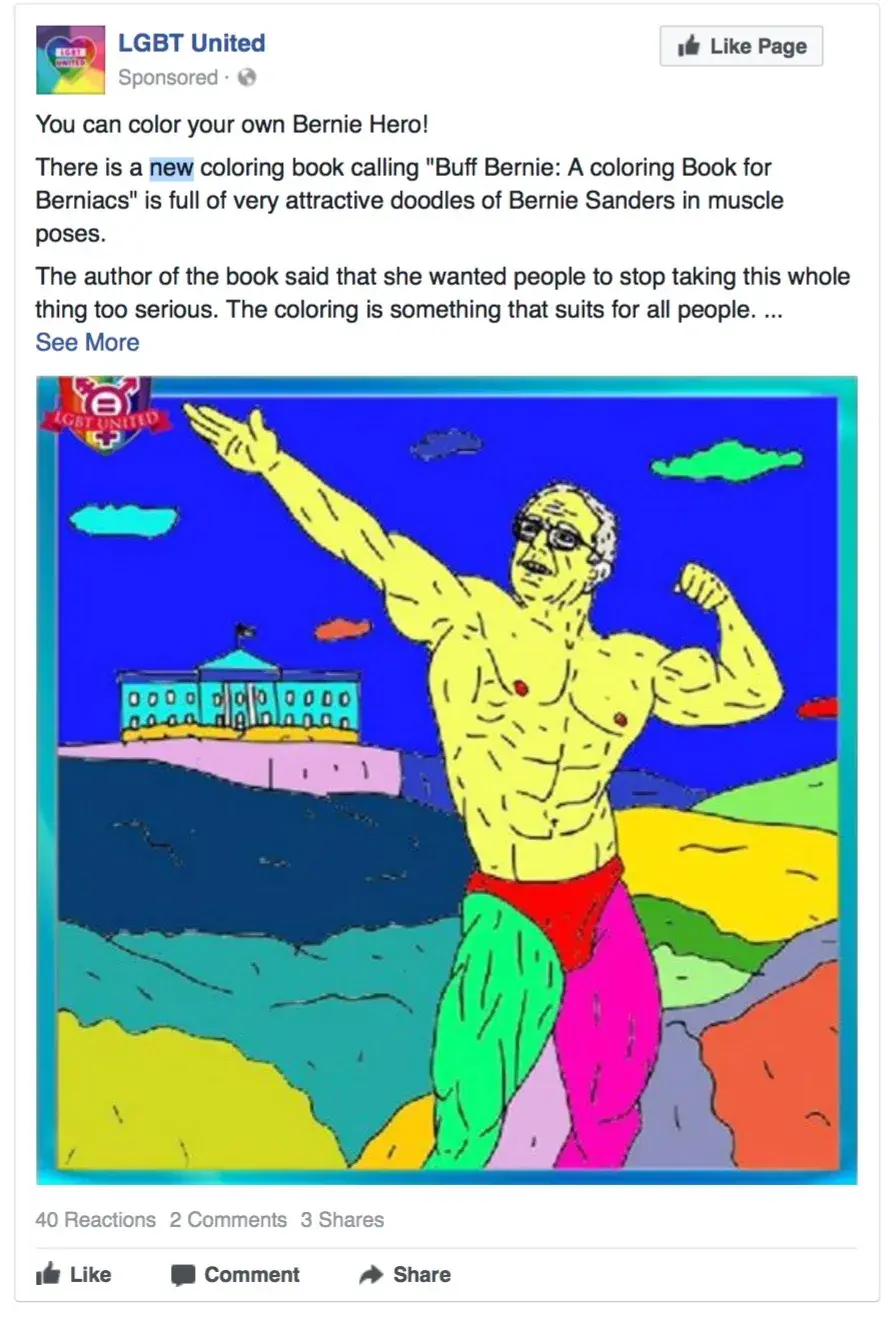Frank Sysyn, a history professor at the University of Alberta, says it’s accurate to say that Hunka was not a Nazi, despite fighting for Nazi Germany, because non-Germans weren’t allowed to join the party.
He said Canada's choice to allow veterans of the unit to live out their lives in the country ultimately came down to a decision that membership in the unit was not reason enough to prosecute someone, if there was no proof they committed individual crimes. Ukrainians, he added, are far from the only group of postwar immigrants to benefit from such an approach.
"Most of our Italian immigrants of the 1950s, if they were men of a certain age, had probably been in the Italian army and fought for Fascist Italy," said Sysyn, who is a member of the Canadian Institute of Ukrainian Studies.
John-Paul Himka, a University of Alberta professor emeritus and the author of a book about Ukrainians and the Holocaust, said many of the young men who joined the Galicia division in 1943 were motivated by the atrocities they witnessed under Soviet occupation, including the murder of thousands of political prisoners and mass deportations to labour camps. “So for the people in this region, the Soviets were the nightmare and the Germans were relatively tolerable," he said. "So that, I think, explains why so many of them thought that what they were doing fighting against the Soviets was patriotic.”
He said some Galician units did participate in atrocities, including murders in Polish villages. The division had an antisemitic newspaper and accepted into its ranks “policemen who had been very important in the Holocaust, who had rounded up Jews for execution and sometimes executed Jews themselves," he said.
...
Klufas blames the branding of Hunka as a Nazi on "Russian disinformation," adding, "the fact that he was a soldier does not mean that he was a Nazi." He also said there was nothing wrong with Parliament applauding a man "who fought for his country." However, he conceded that it "maybe wasn't correct" in the circumstances, given that the people there didn't fully understand the issue.



The IRS will negotiate down though if you prove you can't pay it